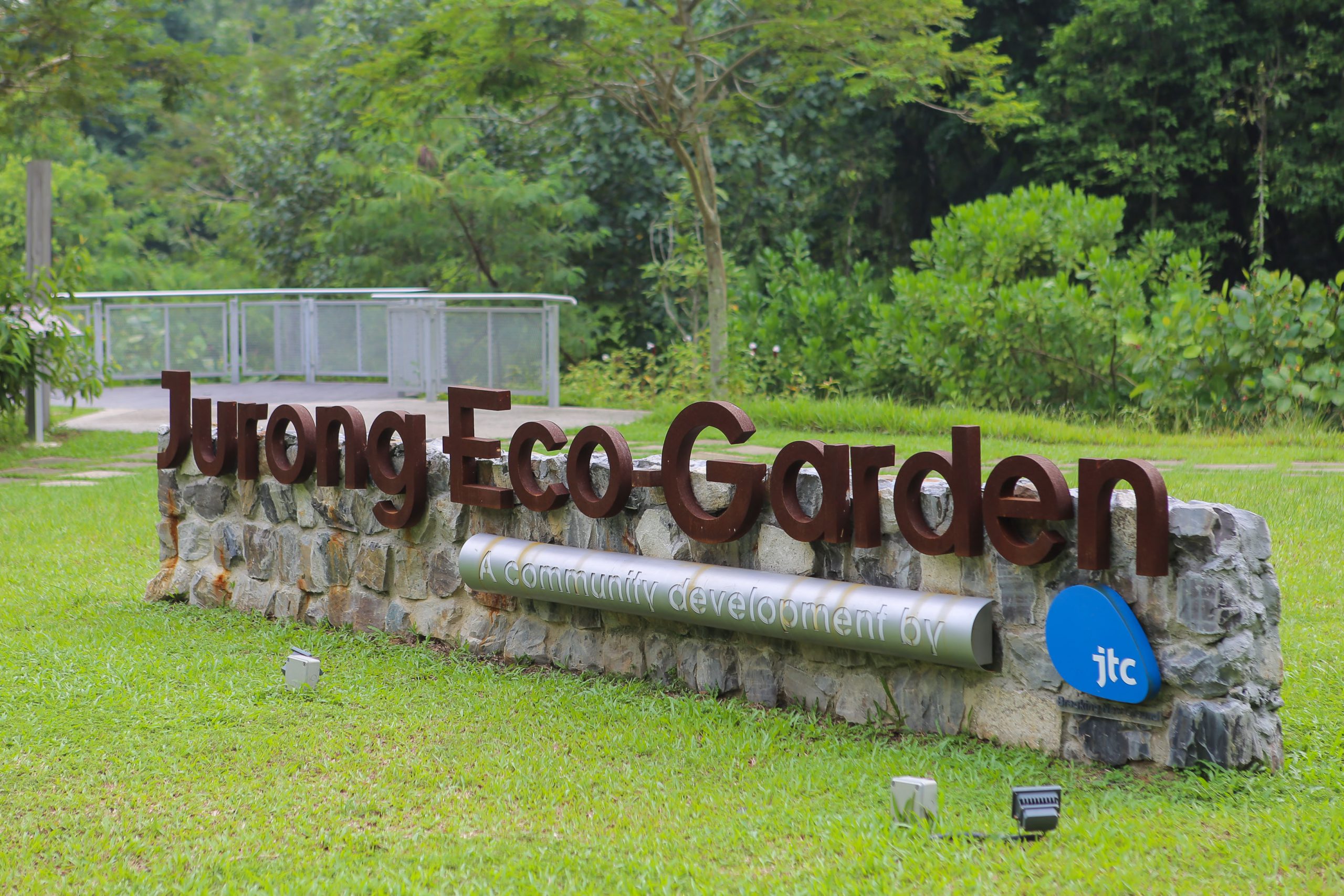Carbon scorecard: informing consumers so that they learn to do their bit
March 10, 2022
In February 2022, the International Panel on Climate Change (IPCC) released its latest report assessing the impacts of climate change on the world’s biodiversity and ecosystems. The IPCC discovered that the increase in the frequency of extreme weather events has already caused some irreversible damage to our natural and human systems.
In ‘Carbon scorecard: informing consumers so that they learn to do their bit’ (The Business Times, March 2022), Low Tuck Kwong Distinguished Professor Sumit Agarwal (NUS Finance, NUS Economics, and NUS Real Estate)) and Associate Professor Alberto Salvo (NUS Economics) argue that in addition to the increase in carbon tax targeted at carbon-emitting producers in the economy, the government ought to consider an additional policy targeted at the everyday consumer.
Prof Agarwal and A/P Salvo point out that most of these carbon-emitting production processes exist to serve our consumption behaviors. In response, they propose an individualized carbon scorecard that tracks a consumer’s carbon footprint based on the types and amount of consumption activities that the individual is engaged in. As emphasized by the authors, measuring our carbon footprint via our consumption activity incentivizes consumers to control their consumption and curb unnecessary consumption behaviors.
Our increasing reliance on digital platforms such as Grab and PayLah!, platforms which already keep a digital record of our purchases, means that it is increasingly easier to track our carbon footprint and to produce such a scorecard. On top of providing Singaporean consumers the means to track their consumption activity, this scorecard opens doors to a future where households can be progressively taxed based on the amount of carbon emitted. Progressive carbon taxes that are imposed on the everyday consumer seek to mitigate the carbon inequality that results from the rich engaging in more consumption activities and creating a disproportionately larger carbon footprint relative to the poor.
In addition to discussing the benefits of implementing a carbon scorecard and the possible future policies that are enabled by such a measure, Prof Agarwal and A/P Salvo highlight the importance of an ‘All Hands on Deck’ approach — from the everyday consumer to the carbon-emitting corporation — towards climate policy to mitigate the effects of climate change and reverse some of the damage that we have caused to our ecosystems and environment.
Read the article here.


